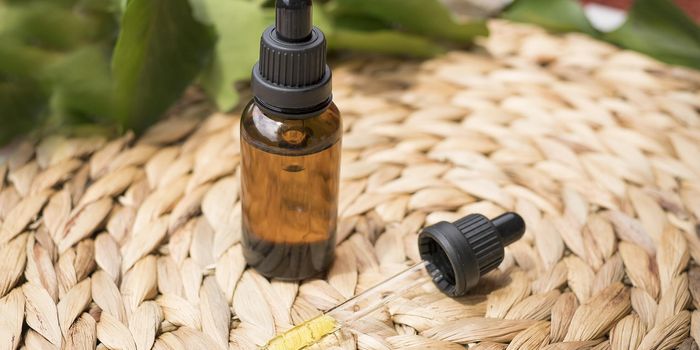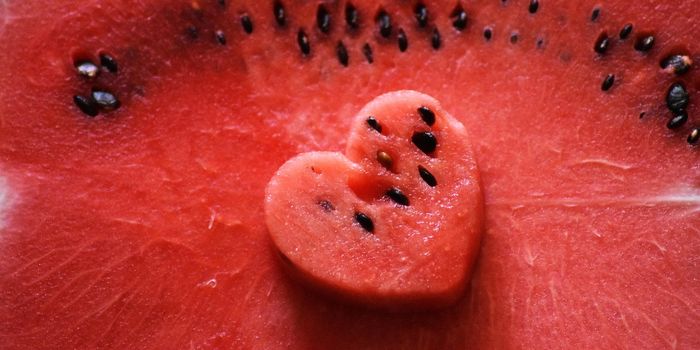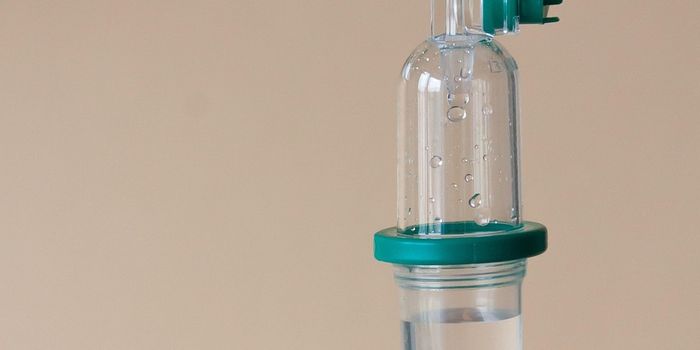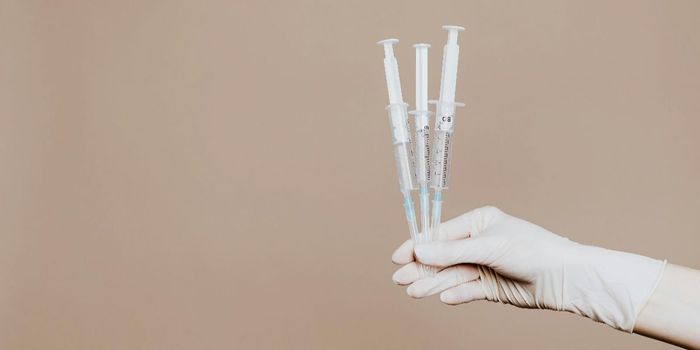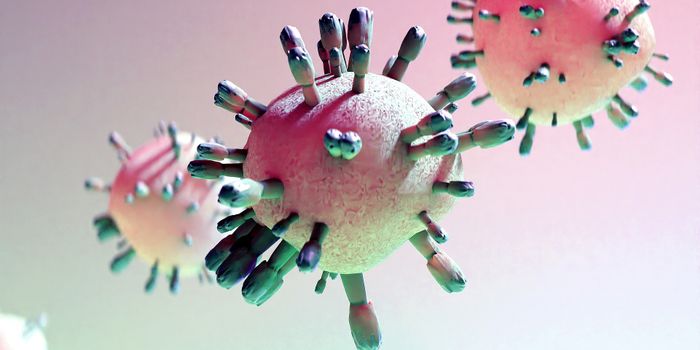Early Microbe Exposure Does Not Stop Allergy Development
It has long been believed that high exposure to microbes and bacteria reduces the risk of developing an allergy. This phenomenon has been known as the ‘Hygiene Hypothesis’. However, a recent article by researchers at the Karolinska Institute, in Science Immunology, have challenged this widely accepted notion by showing newborn mice with high exposure to microbes have the same or great possibility of developing an allergy later in life.
The mechanism by which microbes develop or initiate allergies has been a recent topic of interest. Some work has suggested that infections have the ability to reduce inflammatory antibodies to allergens which then change immune cell response to allergens. It has also been stated that bacteria in the gastrointestinal track can reduce inflammation in our body in response to invading pathogens. Researchers have recently observed allergic responses in high infection exposed or ‘dirty’ mice compared to low infection exposed or ‘clean’ mice. Researchers found no significant difference between antibody response that would alter the immune response toward developing or preventing an allergy. They also noted that anti-inflammatory responses elicited by ‘good’ bacteria did not ‘turn off’ an allergic immune response. Interestingly, ‘dirty’ mice developed signs of inflammation and allergic response when exposed to allergens, demonstrating that high microbe exposure did not benefit the immune system.
Dr. Jonathan Coquet, a co-author of the study and Associate Professor at the Department of Microbiology, Tumor, and Cell Biology at the Karolinska Institute, indicates that building an immune system early on in childhood development is not as simple as ‘getting dirty’. Although in some cases exposure is important and helps the immune system, it is not a general phenomenon that applies to every scenario.
In the experiments conducted by Coquet and others, both groups were identical in their genetic makeup. The only difference was the high exposure to microbes in ‘dirty’ mice since birth. The ‘dirty’ mice mimic human immune systems more due to the environment they are exposed to. These findings help translate the research to humans by better understanding the way allergies emerge. In recent clinical trials, researchers have tried to contain and mediate inflammatory responses in patients with allergies by treating with anti-inflammatory infections. Examples of this include bacterial transplants which combat diseases. Newborns resulting from C-sections are given bacterial transplants aimed to promote good bacteria in the baby’s gastrointestinal tract and benefit the future health of the child.
The study helps provide insight into how allergies develop and demonstrate high exposure to microbes early in birth is not always beneficial. It depends on the type of microbe or bacteria and must be encountered in the correct contexts for the person to benefit from it. This study improves our understanding of the role microorganisms play in facilitating human immune systems. Additionally, it provides further evidence that microorganisms can be beneficial for the body to mediate and control disease. Overall, this study helps inform researchers and clinicians of the importance of microbes and provides more evidence for improved allergy treatment to enhance patient care.
Article, Jonathan Coquet, Karolinska Institute, Science Immunology


